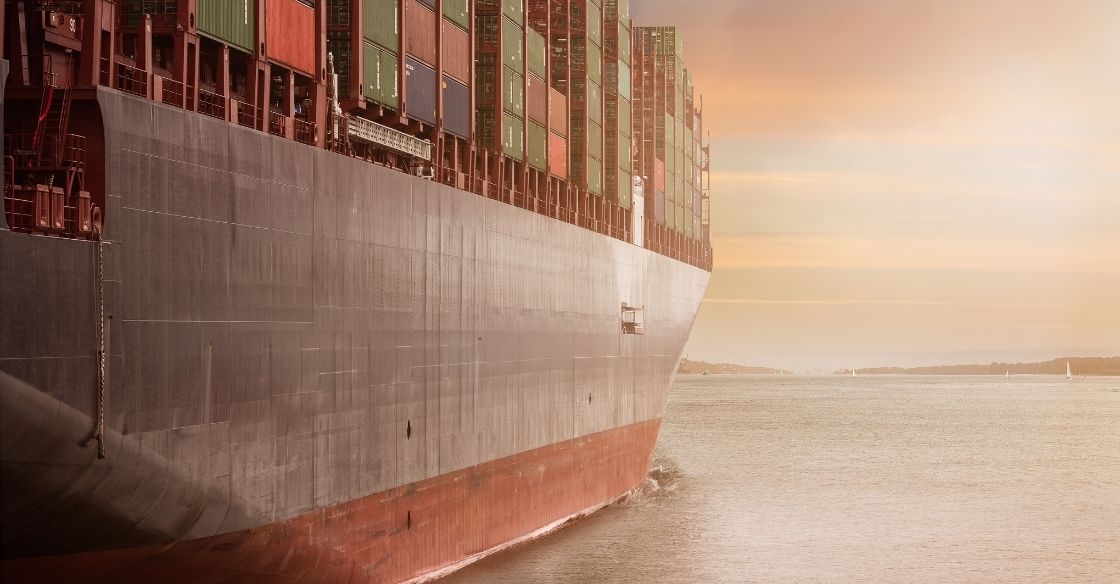Why Companies Need to Address Human Trafficking in Supply Chains
It’s likely that modern day slavery is in your supply chain; the International Labour Organization (ILO) estimates that close to $150 billion in annual company profits are tied to forced labor, and approximately 21 million people worldwide are victims of modern day slavery.
Why You Need to Address the Issue
First, it’s required by law – various worldwide laws and regulations prohibit human trafficking or require companies to report on their efforts to identify human trafficking risk:
- FAR 52.222-50: FAR (Federal Acquisition Regulation) addresses labor disputes, including wage requirements, subcontractors and payrolls. This specific section, titled "Combating Trafficking in Persons," prohibits government contractors, contractor employees and their agents from engaging in human trafficking.
- CA SB 657: Also known as Senate Bill No. 657, this California legislation makes human trafficking disclosure mandatory for any companies in that state. Under this rule, businesses have to disclose their own audit efforts and get certification from all direct suppliers.
- U.K. Modern Day Slavery Act: Any company doing business in the U.K. should adhere to these standards, which cover the penalties and enforcement efforts that the government can use to fight trafficking. Subjects can face travel restrictions for up to five years and be forced to disclose information under risk and prevention orders.
Second, a company’s role in human trafficking impacts consumer brand perception, which translates into immediate bottom line results. According to a 2015 Nielson survey of 30,000 consumers worldwide, 66% were willing to pay more for sustainable and socially responsible goods.
Non-profits and government agencies are actively raising public awareness of forced labor and don’t shy away from mentioning company names in exposés. As a result, consumers are incredibly well-informed about a company’s ethical performance and use it as a metric to guide purchasing decisions. Using the exponential influence of social media, consumers can quickly mobilize movements to boycott or shame brands that don’t align with their values or that don’t have the data to back up their commitments.
Meeting Anti Human Trafficking Compliance
Whether your goal is to meet regulatory requirements or to bolster your brand’s reputation, you will need to accurately identify which suppliers are at the greatest likelihood of using forced labor. This requires comprehensive supply chain visibility from your immediate suppliers to the source of your materials. The Source Intelligence Anti Human Trafficking solution enables you to engage multiple tiers of your supply chain so that you can accurately visualize risk and make informed decisions. Learn more about how you can identify human trafficking risks by contacting us.



